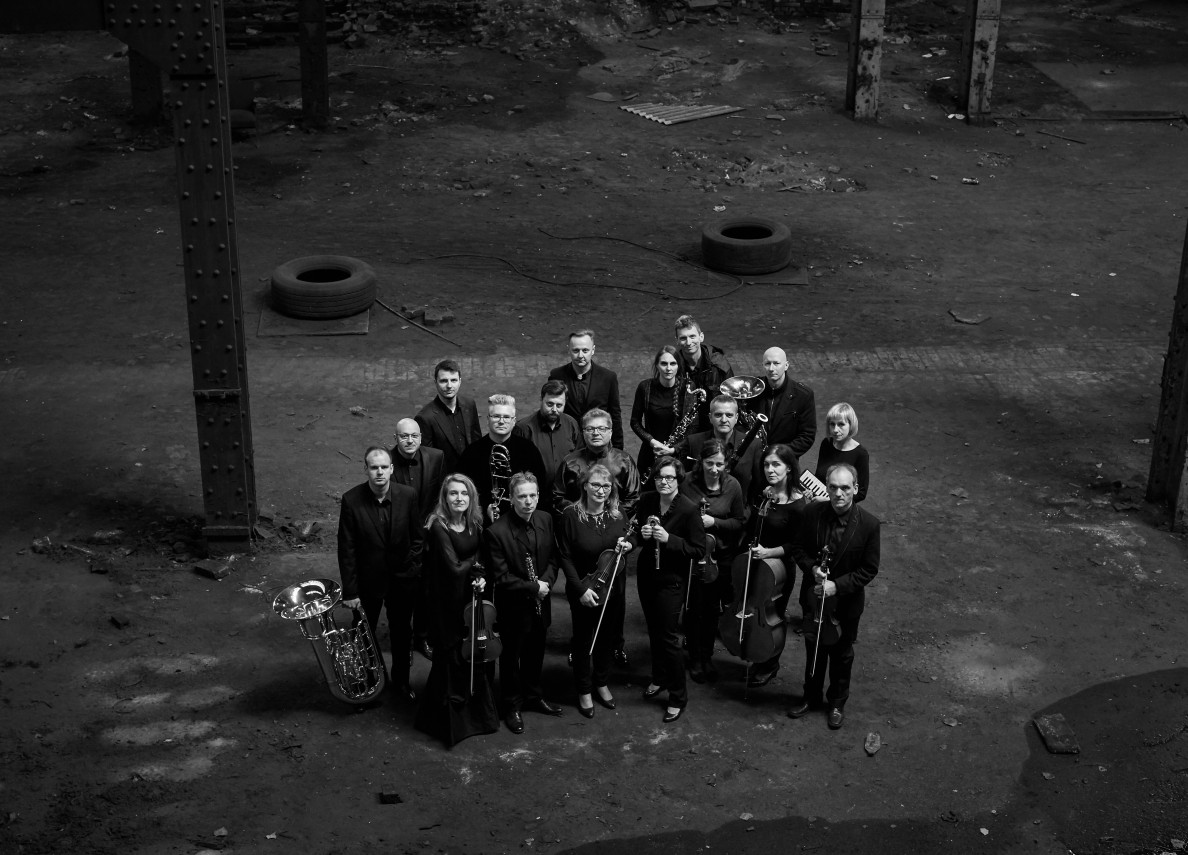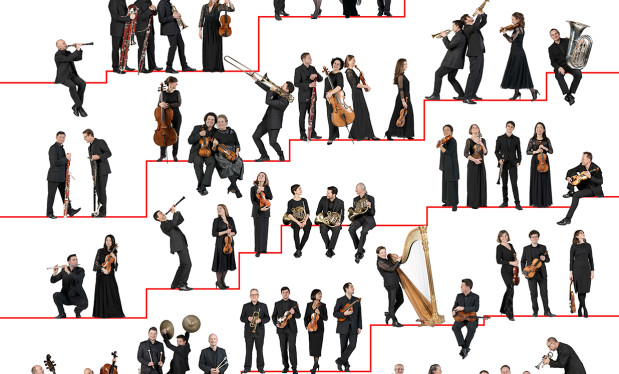The manifesto of the excluded - NOSPR
The manifesto of the excluded
l'île de Gorée is part of today's ironclad repertoire for harpsichord music. It was written by one of the most original and significant composers of the 20th century for perhaps the most famous harpsichordist of the 20th century - Elżbieta Chojnacka. The composition, written in 1986, seems to call out to us even more urgently than in the times when it was created. According to the words of Iannis Xenakis himself: "a tribute to the black heroes and victims of apartheid in South Africa, the last bastion of hysterical racism," and to all those "who were forcefully taken from their lands into terrifying slavery." Polish journalist Monika Żyła visited Senegal and the island of Gorée two years ago, specifically in the context of Xenakis' music. She documented her visit in three episodes of the podcast series "333for33," exploring the connections between Xenakis' work and history, place, and perhaps even the sounds that inspired it. She says in them: "The titles of compositions have a discursive and narrative power that can influence how we interpret and listen to them, even if the composers avoid such interpretations." Also on the program this evening are Kołomyjki by Ukrainian composer Bogdan Krivopust, a student of Aleksander Lasoń himself, who has been connected with Silesia for many years.
Alexandra Kozowicz
Concert duration: approximately 80 minutes
Financed by the Ministry of Culture and National Heritage from the Promotion of Culture Fund - a state-purpose fund, as part of the 'Composer Commissions' program, implemented by the National Institute of Music and Dance.
This concert can be part of "My Subscription." Check the details and create "My Subscription" freely by choosing from various concerts in the chamber and concert halls – more information.
Financed by the Ministry of Culture and National Heritage from the Promotion of Culture Fund – as part of the "Commissions for Composers" program, implemented by the National Institute of Music and Dance
Upcoming events


ECHO Rising Stars Festival / Guðmundsdóttir / Lahiry / A Powerful Voice of Women
Chamber Hall
Buy ticket


JazzKLUB / Rudi Mahall's Almost Danish Quartet / Standards with a Playful Twist
Chamber Hall
Buy ticket
NOSPR Chamber Musicians / Passionate Romanticism (rescheduled concert)
Chamber Hall










